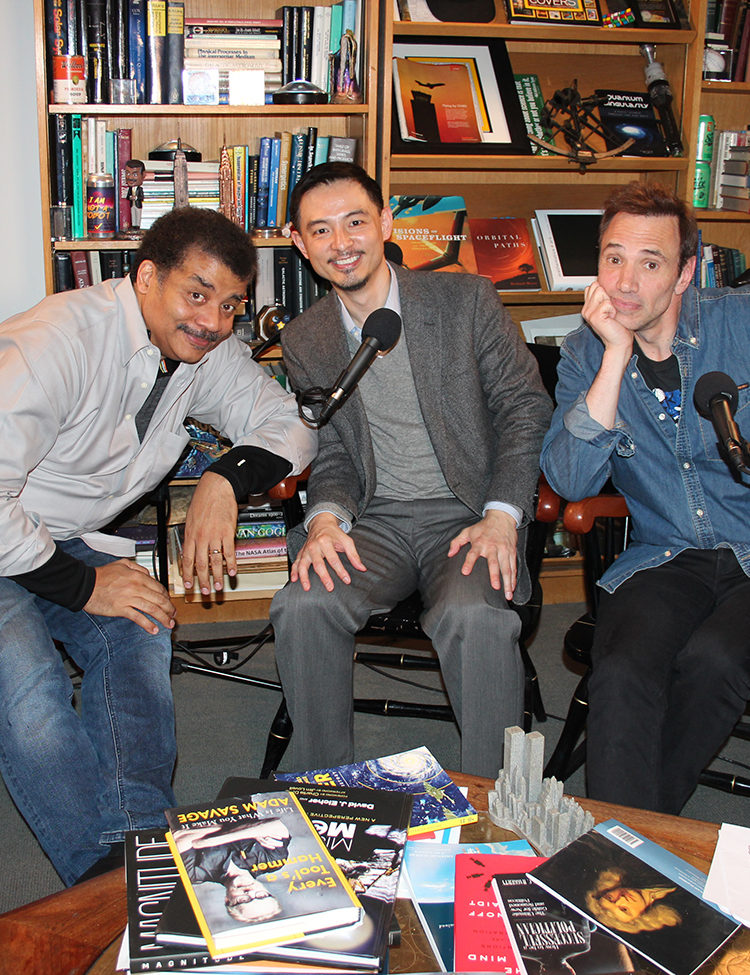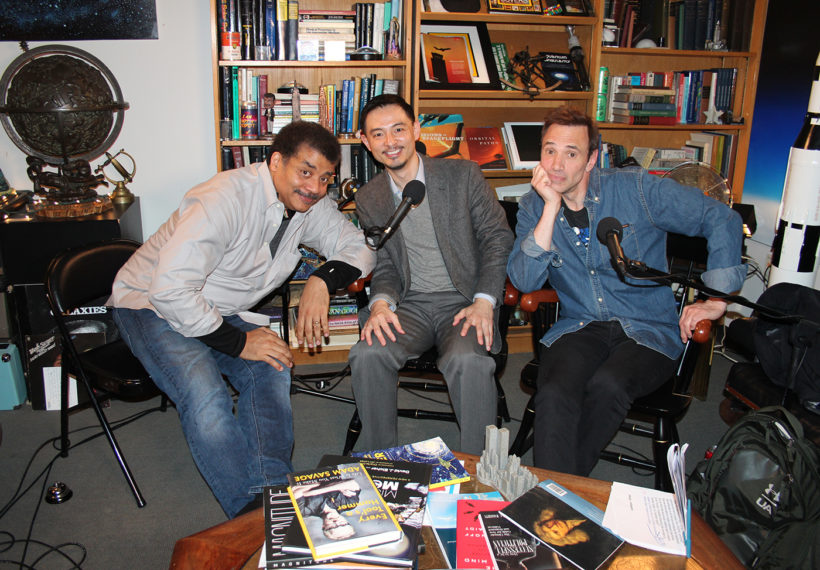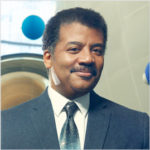About This Episode
On this episode of StarTalk Radio, we explore the world of bioethics. Neil deGrasse Tyson, comic co-host Paul Mecurio, and NYU bioethicist, author, and philosopher Matthew Liao answer fan-submitted Cosmic Queries about bioethical dilemmas, artificial intelligence, human experimentation, and much more.
To start, Matthew gives us a proper definition of bioethics. Matthew tells us whether he thinks he acts more ethically just because he’s a bioethicist…or if he’s actually even less ethical. Find out the importance of measuring trust in bioethical issues, and examine the moral limits of scientific experimentation. Learn more about “The Belmont Report,” the infamous “The Tuskegee Study of Untreated Syphilis in the Negro Male,” and the horrific experimentation done by the Nazis.
Matthew explains why getting vaccinated is a part of our public duty. Discover more about “threshold deontology” and whether the limits of human experimentation are stagnant or if they change over time. Neil brings up The Secret of Santa Vittoria, and we examine the film’s bioethical themes.
Next, we ponder if DNA and gene editing will continue to grow and develop in our society. Is CRISPR a good thing? We discuss “designer babies” and modifying personalities. You’ll learn if there are any regulatory committees to oversee this field, and Matthew tells us how we will have to navigate the repercussions of genetic inequality if the field continues to grow. He also tells us what his factors are in deciding what’s good and bad when it comes to modifying organisms genetically.
You’ll also hear how religion and natural law fits into the bioethics discussion. We explore the dangers of introducing artificial intelligence into the field of medicine, and whether there will be less need for doctors with the rise in AI technology. All that, plus, we debate if there will ever be attempts to combine human DNA with animal DNA.
NOTE: All-Access subscribers can watch or listen to this entire episode commercial-free here: Cosmic Queries – Bioethics.




 Unlock with Patreon
Unlock with Patreon


 Become a Patron
Become a Patron